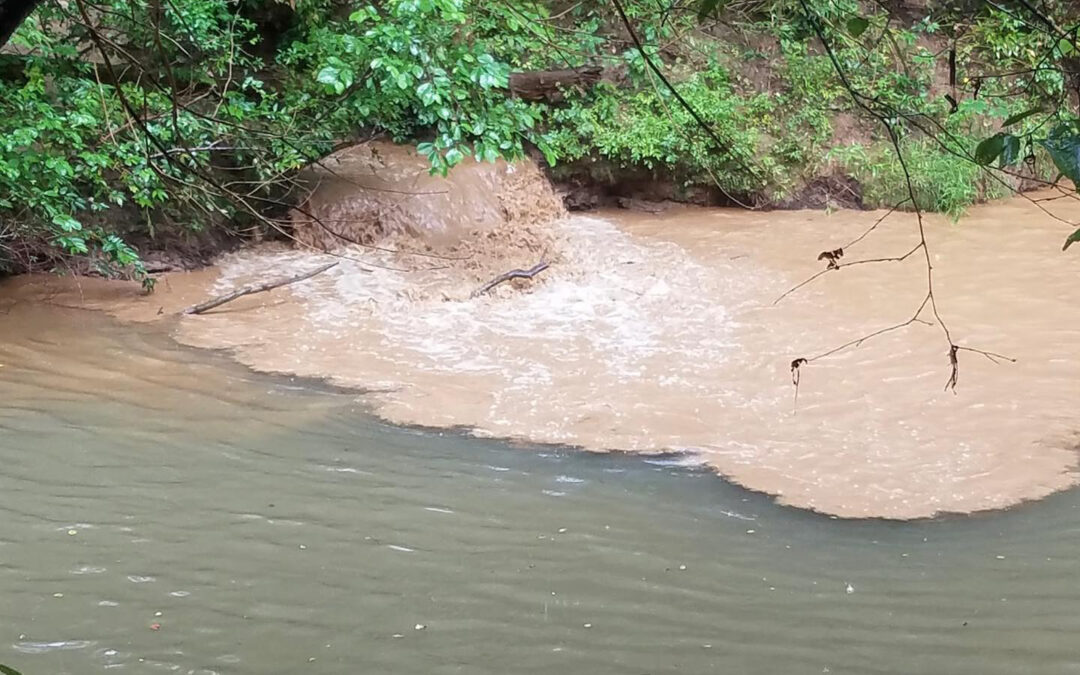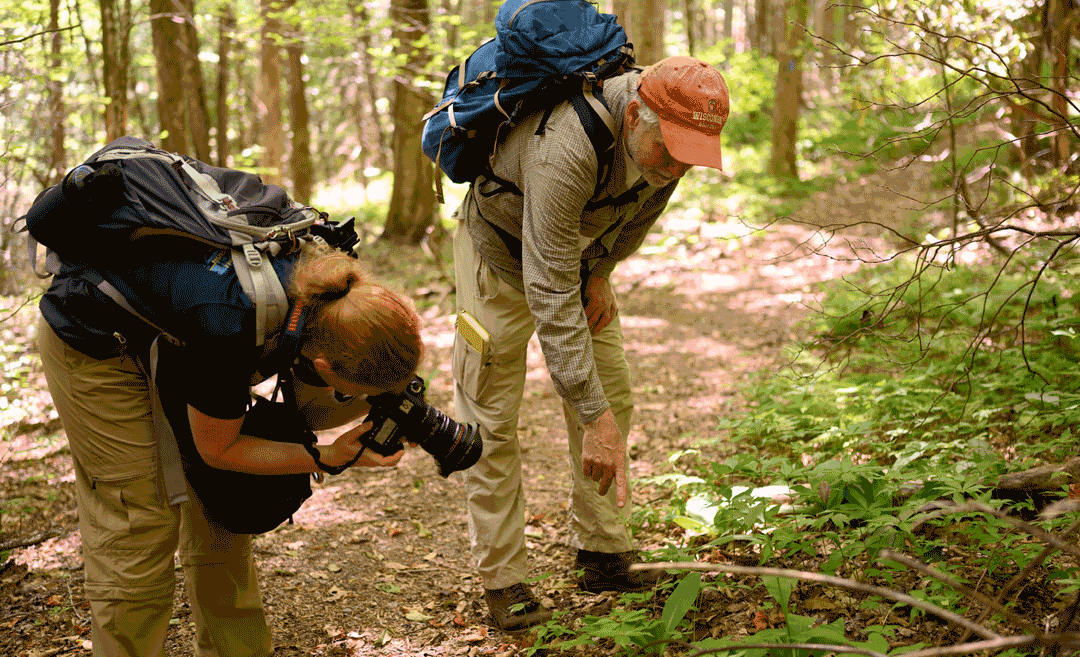July 15, 2020
Press release from the Southern Environmental Law Center:
“The Trump administration in an announcement today hobbled the nation’s bedrock environmental protection, the National Environmental Policy Act, a law that has given marginalized communities a say in what happens to them when governments propose life-altering projects like highways and pipelines.
In doing so, the administration illegally cut corners in a way that the courts have rejected time and time again.
“This is a blatant and transparent effort from the Trump administration to further silence communities that are not as well connected, not as wealthy, not as valuable to the White House as others,” said Kym Hunter, a Southern Environmental Law Center senior attorney who is heading the organization’s defense of NEPA. SELC is representing 16 conservation organizations.
“And the fact that it is happening now, when so many in our communities are crying out for equity and fairness, is particularly appalling,” Hunter said.
Oddly, if early press reports are correct, President Trump may somehow invoke the proposed Atlanta I-75 truck-lane project as an example of NEPA issues. However, that project is in its infancy and is at the beginning of its NEPA review.
Note: The President may also invoke other Georgia projects as well. Please feel free to contact us for a response.
In addition to diminishing public voices, the NEPA rewrite also curtails agencies from considering climate change in their reviews. Further, it also eliminates consideration of what is known as “cumulative impacts.” For example, when a new highway or bypass is proposed near a current interstate, the projected increase in pollution is added to the existing pollution levels to get a full understanding of how nearby communities will be affected. The Trump administration NEPA rewrite eliminates the consideration of these “cumulative impacts.”
SELC is preparing to sue the Trump administration on behalf of its 16 clients alleging, among other things, the administration made a mockery of the laws and policies that are designed to make changes like this a transparent and public process.
· Before its decision to alter what is often called the “Magna Carta of environmental laws,” the Trump administration held just two public hearings — in Denver and in Washington D.C. — in a country with a population of 330,000,000.
· Even so, the Council on Environmental Quality received more than 1.1 million public comments and has a duty to review each one. However, CEQ moved forward with rulemaking less than four months later, an impossibility if it followed its mandate.
· CEQ created a back channel for Trump administration cronies and supporters who complained that they were having a hard time mustering enough support to counter overwhelming public disapproval.
Among other things, the Trump administration is reducing the amount of public input from NEPA’s requirements and making it far more difficult for communities and stakeholders to propose alternatives to major projects that may permanently alter communities.
SELC used open-records laws to obtain more than 8,500 pages of internal documents from CEQ, the agency in charge of the change. Some show how those involved in the NEPA rewrite want to narrowly interpret the purposes of projects so alternatives from the public can’t be considered.
For example, the documents say that the stated purpose of a proposed natural gas pipeline should be to move gas from one place to another, and not “meeting the energy needs in a geographic area.” Under that thinner scope, solar or hydroelectric power can’t be alternatives because they don’t move gas, “even if these energy sources are preferred by certain agencies or groups.”
Developers of the recently canceled Atlantic Coast Pipeline were unable to overcome widespread public opposition and legal challenges to the project, in part because the $8 billion pipeline was billed as a necessity for providing energy to the Virginia coast. Those arguments fell apart under public and legal scrutiny when experts showed the pipeline was not necessary to meet energy demand.
However, these changes to NEPA would largely prevent communities from mounting the same kinds of challenges to massive money-making pipeline projects that come at a high environmental and fiscal cost to affected communities and landowners in their paths.
Hunter said the CEQ documents reveal hints of industry fingerprints in the effort to weaken NEPA; however, the full extent of the influence isn’t clear because CEQ blacked out close to half of the records provided. SELC has filed a motion to gain full access to the records.
The authorship of documents released under FOIA is not clear. But the documents show whoever wrote them also wants to limit or eliminate objections from other federal agencies involved in permitting large projects. In the documents, for example, an author complained that some agencies like the U.S. Fish and Wildlife Service are too diligent in protecting endangered species.
“As a result,” one document states, “the USFWS has become one of the stickiest wickets” in the process.
Statement from MountainTrue Co-director Julie Mayfield:
‘The National Environmental Policy Act has served as our basic national charter for protection of the environment since it was enacted in 1970. It is a critical tool to ensure government transparency and gives affected citizens — especially communities of color and low income communities — a much-needed voice in agency decision making.
MountainTrue has leveraged NEPA to ensure that the I-26 highway connector through Asheville did less harm to neighboring communities of color. And in our work on Nantahala and Pisgah National Forests, NEPA provides the framework for every set of comments, every administrative challenge and every appeal of a timber sale or other management decision with which we disagree.
The new rules put forth by President Trump’s Council on Environmental Quality would gut NEPA’s substantive and procedural safeguards and are a threat to public health and our environment. They cannot be allowed to stand. Mr. Trump, we’ll see you in court.'”
###






